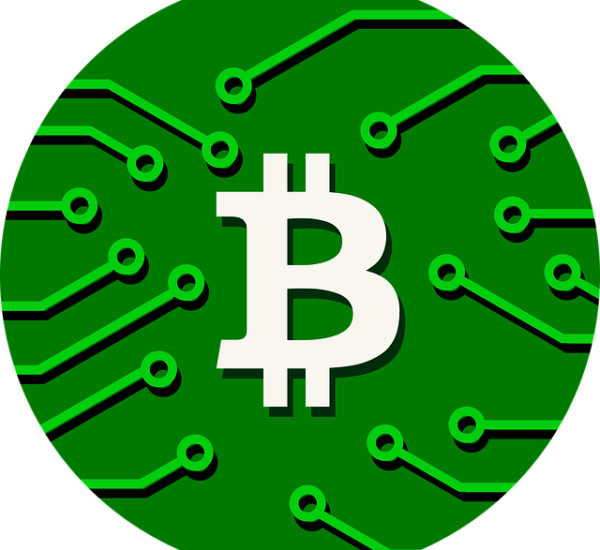In Jamie Dimon’s annual letter to JP Morgan Chase shareholders, he said explicitly that “DeFi and blockchain are real”, which caused some comment in crypto circles given his previous statement that “I don’t care about bitcoin. I have no interest in it.” But I think it is possible to believe that tokenisation will be huge and that defi protocols will have a serious role to play in the next generation of financial services while simultaneously being sceptical that cryptocurrencies will have a major role.
DeFi without Bitcoin? Opinion is certainly divided, but when it comes to the entertaining ongoing spat between Marc Andressen and Jack Dorsey, I’m on the Andressen side of the fence. It is not at all clear to me that BitcoinBTC
is the universal and utopian money of the future whereas I think that the experimentation going on the DeFi world will in time open up new ways of doing business in the finance sector.
Let’s see what happens.
© Helen Holmes (2022).
I do not see this as a controversial positions. In fact, I think this has long been the view of serious players in the financial services mainstream. Irfan Ahmad (VP at State Street, the world’s largest custodian bank) recently said that cryptocurrencies have not just entered another winter but a “polar vortex”, which seems a reasonable view given the collapse of the Celsius decentralised finance (DeFi) protocol and the news that Three Arrows Capital has filed for bankruptcy and so on. However, beneath the ice, his and other investment banks are working on using shared ledge technologies to build new trillion-dollar markets that do not involve speculative cryptocurrencies but instead use digital representations (ie, tokens) linked to real-world, hard assets.
There is no paradox at all: Whether cryptocurrencies survive the coming storm of regulation, central bank digital currencies, instant payments and digital identity, institutional markets will ultimately use the new infrastructure to trade bonds, gold and carbon in digital form. It won’t only be commodities that are tokenised and traded without clearing and settlement. Banks will tokenise all forms of collateral, such as title to property, using the technology. As the Bank for International Settlements (BIS) set out in their current Bulletin (no. 57, 14th June 2022), “DeFi lending must engage in large-scale tokenisation of real-world assets unless it wants to remain a self-referential system fuelled by speculation.”
Speaking at Consensus 2022 last month, Tyrone Lobban (Head of Onyx Digital Assets at JPMorgan) described in detail the bank’s institutional-grade DeFi plans and highlighted how much value in tokenised assets is waiting in the wings. He said that tokenised assets ranging from US Treasurys to money market fun shares could be all be used collateral in DeFi pools, bring trillions of dollars of assets into DeFi, “so that we can use these new mechanisms for trading, borrowing [and] lending, but with the scale of institutional assets.”
Real Innovation
This will be a whole new financial services sector, and it will be an important one. Since, as The Economist pointed out, tokens can be digital representations of nearly anything, “they could be efficient solutions to all sorts of financial problems.” Apart from anything else, tokens mean a lower cost trading environment, …….
Source: https://www.forbes.com/sites/davidbirch/2022/07/04/defi-is-real-whatever-happens-to-cryptocurrency/
